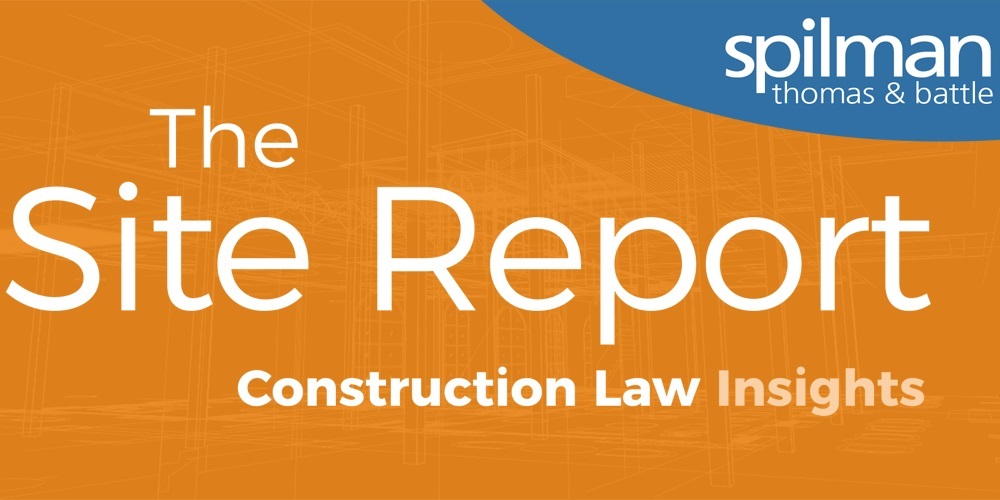Article
Resources
Article
Recouping Legal Fees from Companies – Update on Pennsylvania and Environmental Permits

Project owners whose activities are subject to environmental permitting requirements often carry a heavy financial burden in securing and maintaining these permits. For those who also find themselves having to defend a permit appeal in Pennsylvania, this burden may be a little heavier as a result of a recent decision from the Commonwealth’s highest court.
In a consolidated opinion issued earlier this year, the Pennsylvania Supreme Court made it easier for successful environmental groups and other challengers to recover attorneys’ fees and costs from parties holding permits issued under the Clean Streams Law. Prior to this decision, an Environmental Hearing Board rule provided that a challenger could not recover attorneys’ fees and costs from a private party absent a showing that it pursued or defended a permit appeal in bad faith or for an improper purpose — a rather difficult standard to meet. According to the Court however, this “per se bad-faith standard” was incompatible with the intent embodied in the Clean Streams Law which plainly provides that the Board, “upon the request of any party, may in its discretion order the payment of costs and attorney’s fees it determines to have been reasonably incurred by such party in proceedings pursuant to this act.”
Ultimately, while permit holders must not only bear their own legal costs in defending a permit appeal, the Court’s ruling increases the possibility that they also be required to reimburse parties challenging its permits for their attorneys’ fees and costs.
The reversal of this standard is likely to incentivize environmental groups and others to file permit appeals under the Clean Streams Law. As suggested by the Court, “a citizen who is skeptical that he or she will be able to recover the considerable expenses incurred in taking on a corporate applicant…is a citizen far less likely to step up in service of protecting Pennsylvania’s environmental resources.” Project owners and developers therefore must minimize this risk by ensuring its permit applications are capable of surviving the highest level of scrutiny. Failure to do so could not only lead to a denial of a permit application, but payment of the opposing parties’ legal expenses.


